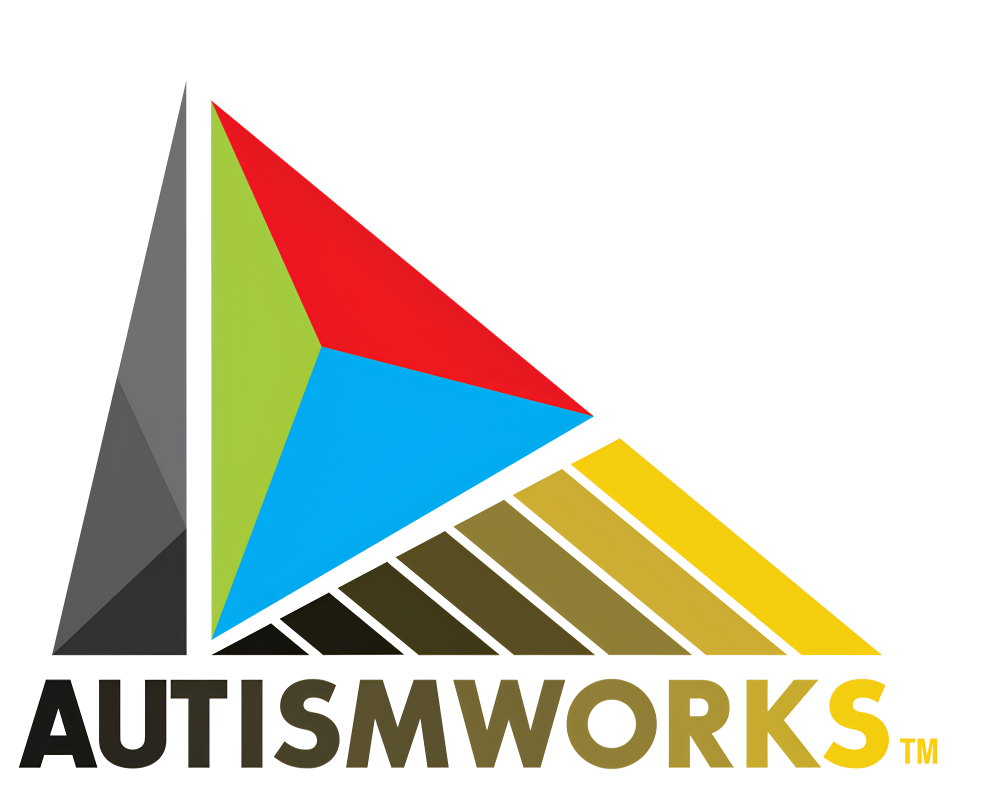Mastering Meltdown Management
To Our Valued AutismWorks Community,
Meltdowns can be difficult for individuals with autism and those who care for them, but with the right techniques, these moments don’t have to be as overwhelming. In this article, we focus on mastering the art of meltdown management, offering practical tips to bring more calm, balance, and confidence into everyday life.
Identifying Triggers: A Path to Prevention
The first step toward preventing meltdowns is understanding their root causes. Triggers can vary widely—ranging from sensory overload to sudden changes in routine or personal frustrations. By keeping a diary or log that tracks each meltdown and the surrounding circumstances, patterns will start to emerge. Recognizing these patterns empowers you to take preventive measures and prepare in advance.
Common triggers might include:
- Overstimulating environments (e.g., loud sounds or bright lights)
- Unexpected transitions or changes in routine
- Feeling misunderstood or frustrated when trying to communicate
Once you identify these triggers, you can work toward creating an environment that reduces their impact, setting the stage for more balanced and calm experiences.
Everyday Strategies for Equilibrium
In addition to identifying triggers, having proactive strategies in place can help maintain a sense of equilibrium throughout the day. Here are a few approaches:
-
Embrace Sensory Comfort: Simple self-soothing techniques can work wonders. For instance, wrapping oneself in a cozy long-sleeved shirt can provide a comforting sense of security when the world feels overwhelming.
-
Establish Predictable Routines: Consistency is key. Building a daily routine helps minimize surprises and creates a stable structure that can lower stress levels, especially for those who thrive on predictability.
-
Incorporate Relaxation Practices: Regular activities such as mindfulness, breathing exercises, and gentle yoga can make a significant difference in handling stress. These practices help build resilience and make it easier to navigate challenges as they arise.
Responsive Techniques During High-Stress Moments
Even with the best preparation, stressful moments happen. The key is to have responsive tools on hand for these situations:
-
Use Fidget Tools: Fidget items, such as stress balls or sensory-friendly objects, can provide a physical outlet for nervous energy and help the mind focus on something soothing.
-
Create a Safe Space: Having a designated space that promotes calm is invaluable. This space could be as simple as a corner with soft lighting, calming music, and familiar objects. It’s a personalized haven where one can retreat during moments of distress.
-
Communication Cards: In moments when verbal expression feels difficult, communication cards can offer a quick and stress-free way to convey needs. Whether it’s signaling a need for quiet or expressing discomfort, these cards make communication easier during meltdowns.
Integrating Wellness into Everyday Life
A holistic approach to managing meltdowns extends beyond the moment. A lifestyle that supports overall emotional and neurological well-being can reduce the frequency and intensity of meltdowns. Here are a few key elements to integrate into your daily routine:
-
Physical Activity: Regular exercise can help release pent-up energy and improve mood, making it easier to manage stress. Activities like walking, swimming, or gentle stretching can be effective.
-
Nutrition and Sleep: A well-balanced diet and consistent sleep schedule play a critical role in emotional regulation. When basic needs are met, stressors can be handled with more clarity and calm.
-
Pursue Enjoyable Activities: Engaging in activities that bring joy and fulfillment can create a sense of balance. Whether it’s pursuing hobbies, spending time outdoors, or engaging in creative projects, these activities provide an emotional release and help restore equilibrium.
Embracing Control and Building Confidence
Adopting these strategies is about more than just managing meltdowns. It’s about gaining a greater sense of control, building confidence, and approaching life with resilience. Each step toward preparation, adaptation, and self-care strengthens the foundation for long-term emotional well-being.
Remember that every individual is unique. Customizing these strategies to suit personal needs is key. What works well for one person may need to be adjusted for another. We encourage you to explore these techniques and find the ones that best support your loved one’s journey toward greater calm and balance.
Supporting Each Other on the Journey
At AutismWorks, we’re committed to building a supportive, understanding community where we can all share knowledge, experiences, and encouragement. Mastering meltdown management is not just about preventing challenging moments—it's about creating a lifestyle that supports long-term resilience, confidence, and calm.
We’re in this together, and by sharing strategies, insights, and personal stories, we can continue to strengthen our community. Let’s embrace these challenges with optimism and face them head-on, knowing we have the tools to create balance and peace in our lives.
Warm regards,
Tyler McNamer



Responses